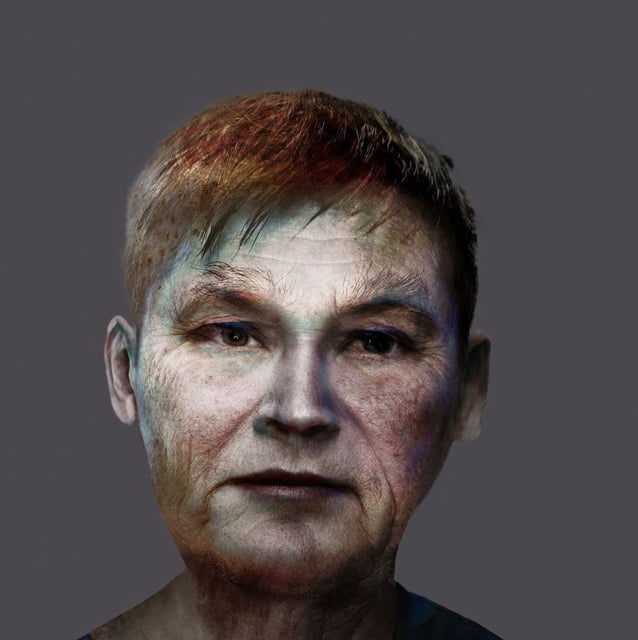Overview
- Researchers analyzed 516 tissue samples from 76 donors aged 14 to 68 across 11 major organ systems to map proteomic aging trajectories.
- Temporal analysis revealed that protein-level aging across multiple tissues accelerates sharply around the age of 50, confirming a non-linear progression.
- The aorta exhibited the most pronounced proteomic alterations, suggesting blood vessels act as early conduits for aging-related signals.
- Levels of 48 proteins associated with diseases such as cardiovascular disorders and tissue fibrosis rose significantly with donor age.
- Authors and outside experts emphasize the need for larger-scale studies to validate the precise timing of inflection points and to guide targeted anti-aging interventions.



